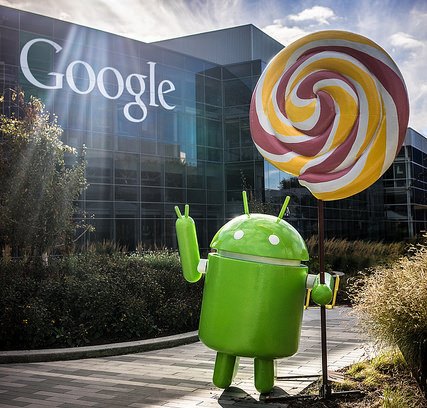

It’s already past the season for annual predictions which have become a staple of the legal tech media. Generally these predictions rely heavily on the direction taken by technologies in the last year, so I thought it would be more fruitful to look at what we collectively learned in 2017, without any added crystal ball-gazing. I asked several Newsletter contributors for their main takeaways from 2017. What particularly engaged them?
It has been apparent for some time that the biggest tech companies, Google, Facebook, Amazon, Apple, Twitter, have grown too large for our collective good. 2017 was the year we finally started trying to figure out how to do something about that. We look here at the huge “platforms” in particular. AI and court reform were other big issues of the day.
Where not attributed, the following sections are my own views.
Trolling and fake news
From Paul Bernal:
2017 was a year when trolling and fake news started to get serious attention; not that either of them are really new, but the slow realisation that they might actually matter, brought on by the election of Donald Trump and the role of social media in other electoral events around the globe, from Brexit to Kenya, seemed to act as a wake-up call to governments. Laws targeting fake news have either been brought in (eg the “NetzDG” in Germany) or been contemplated (eg in France), and the heavy hand of regulation looms for Facebook, Google, Twitter and more.
There are two problems here. Firstly, almost all the measures contemplated are likely to be ineffective at best, and more likely actually counter-productive. Identifying and labelling “fake news” seems to make it more rather than less attractive to many readers, either because they distrust “mainstream media” and smell conspiracies at every opportunity, or because it simply draws attention to them. Similarly, building in tools (whether legal or technological) to combat “trolls” also lets those trolls use those tools against their enemies. One person’s troll is another’s brave internet freedom fighter. The serious trolls, of course, are likely to be extremely adept at gaming these systems. Better, in most situations, than their rivals.
Secondly, and this is my key takeaway from 2017, both fake news and trolling, rather than being anomalies or abuses of social media, are pretty much inevitable results of the business models and practices of our social media companies. They’re using the systems as they’re intended to be used: creating and sharing stories and information, targeted at people who show interest in the subject (fake news), or interacting and discussing subjects of interest, in an open and emotional way (trolling).
If we want to seriously deal with either fake news or trolling, we would need to fundamentally reconstruct our social media. I don’t think anyone has the appetite for that.
Dr Paul Bernal is a lecturer in IT, IP and Media Law at the UEA Law School. He specialises in internet privacy issues. Email paul.bernal@uea.ac.uk. Twitter @PaulbernalUK.
Free speech?
Zeynep Tufekci, writes in Wired that the flow of the world’s attention is dominated by just a few digital platforms: Facebook, Google, and, to a lesser extent, Twitter and argues that our methods of media regulation are not sufficient.
“These companies – which love to hold themselves up as monuments of free expression – have attained a scale unlike anything the world has ever seen; they’ve come to dominate media distribution, and they increasingly stand in for the public sphere itself. But at their core, their business is mundane: They’re ad brokers. To virtually anyone who wants to pay them, they sell the capacity to precisely target our eyeballs.”
Zeynep argues that in reality social media posts are targeted and delivered privately, screen by screen; mass discourse has become “a set of private conversations happening behind … everyone’s backs [which] invalidates much of what we think about free speech – conceptually, legally, and ethically.”
Read more in It’s the (Democracy-Poisoning) Golden Age of Free Speech by Zeynep Tufekci in Wired.
Too big to regulate
Roger McNamee, writes in Washington Monthly, that thanks to the US government’s laissez-faire approach to regulation, the dominant internet platforms have been able to pursue business strategies that would not have been allowed in prior decades.
“No one stopped them from using free products to centralize the internet and then replace its core functions. No one stopped them from siphoning off the profits of content creators. No one stopped them from gathering data on every aspect of every user’s internet life. No one stopped them from amassing market share not seen since the days of Standard Oil. No one stopped them from running massive social and psychological experiments on their users. No one demanded that they police their platforms. It has been a sweet deal.”
Most of us would agree with McNamee that “Facebook and Google are now so large that traditional tools of regulation may no longer be effective.”
Read more in How to Fix Facebook – Before It Fixes Us by Roger McNamee in Washington Monthly.
Image: Lollipop is coming (cropped) cc by Giuseppe Milo on Flickr.
Our 2017 review continues …
One thought on “What we learned about the internet in 2017 (1): Big Tech”
Comments are closed.